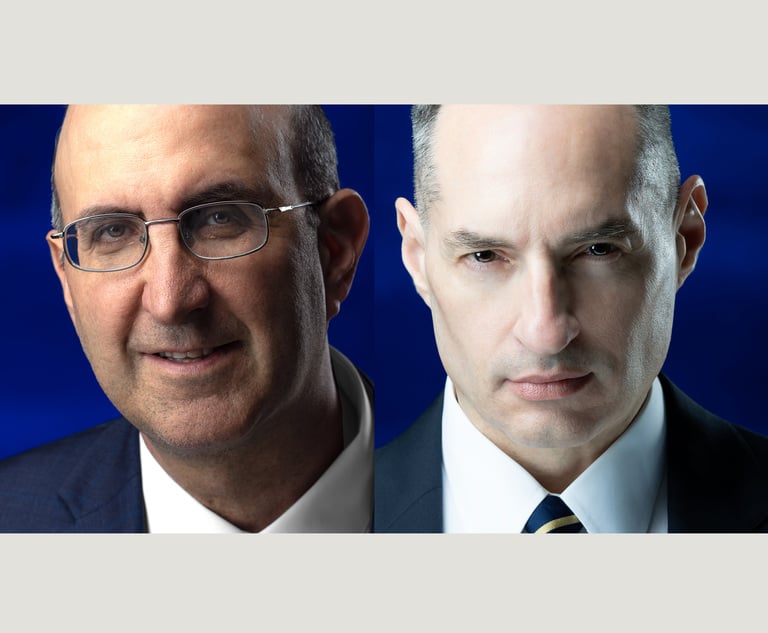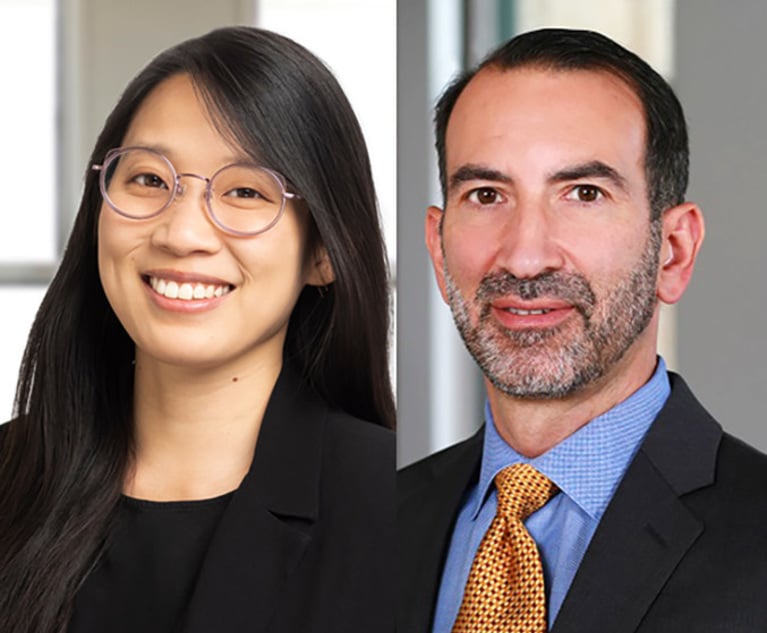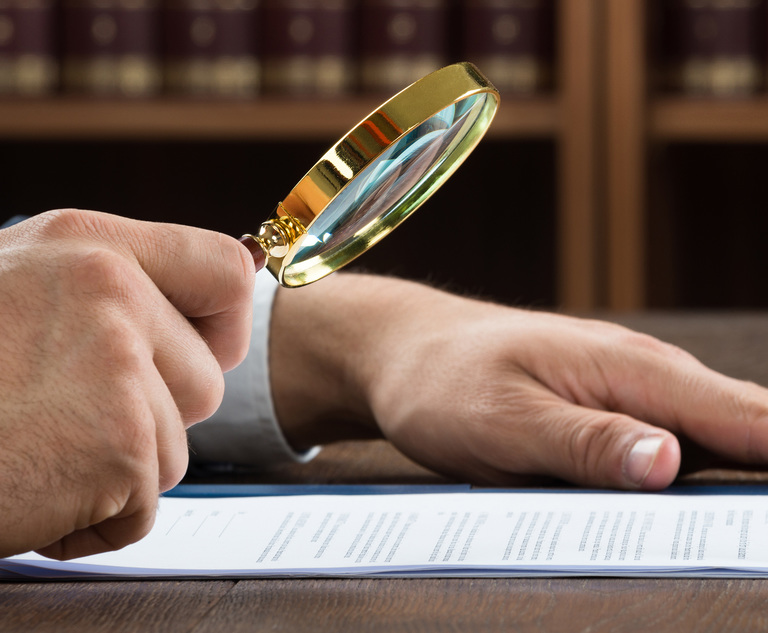The term “child sexual abuse accommodation syndrome” (CSAAS) was initially coined by psychiatrist Roland Summit in 1983 in an effort to understand the various ways children react to sexual abuse. From an evidentiary perspective, not all states recognize CSAAS as admissible. Indeed, CSAAS is not recognized by the American Psychiatric Association or the American Psychological Association. In California, expert testimony regarding CSAAS is admissible. A recent case, People v. Mason, sheds light on the use of CSAAS in court. Note that Mason is an unpublished opinion.
The practice of bringing a “pure expert” to court is common. The purpose is simple: to educate the judge or jury on an important issue in the case, often including relevant research. Federal and state rules of evidence characterize an expert as someone with specialized acumen or knowledge—having one degree or many degrees is not necessarily how an individual is recognized as an expert by a judge. The judge acts as a gatekeeper. As such, the judge must be convinced that a mental health professional proffered as an expert can validate their opinions and recommendations. Expert witnesses traditionally must present “a reliable basis in the knowledge and experience of the discipline.” What type of information helps substantiate expertise? “[S]ufficient data, reliable principles and methods, reliable application of those principles and methods to the case facts.” (“How to Examine Mental Health Experts,” Zervopoulos, 52).


 L-R: Elisa Reiter, Daniel Pollack, and Jeffrey Siegel. Courtesy photos
L-R: Elisa Reiter, Daniel Pollack, and Jeffrey Siegel. Courtesy photos




